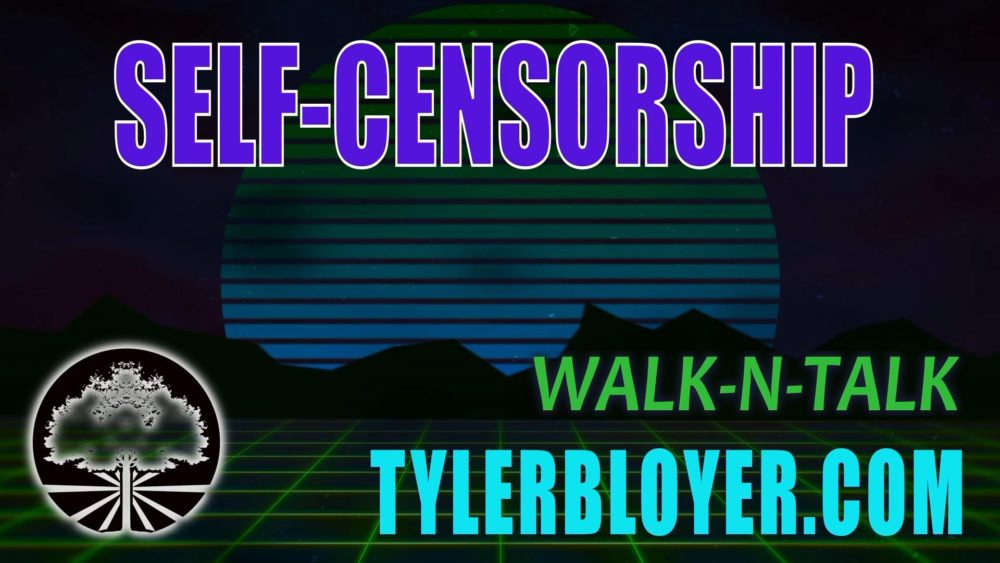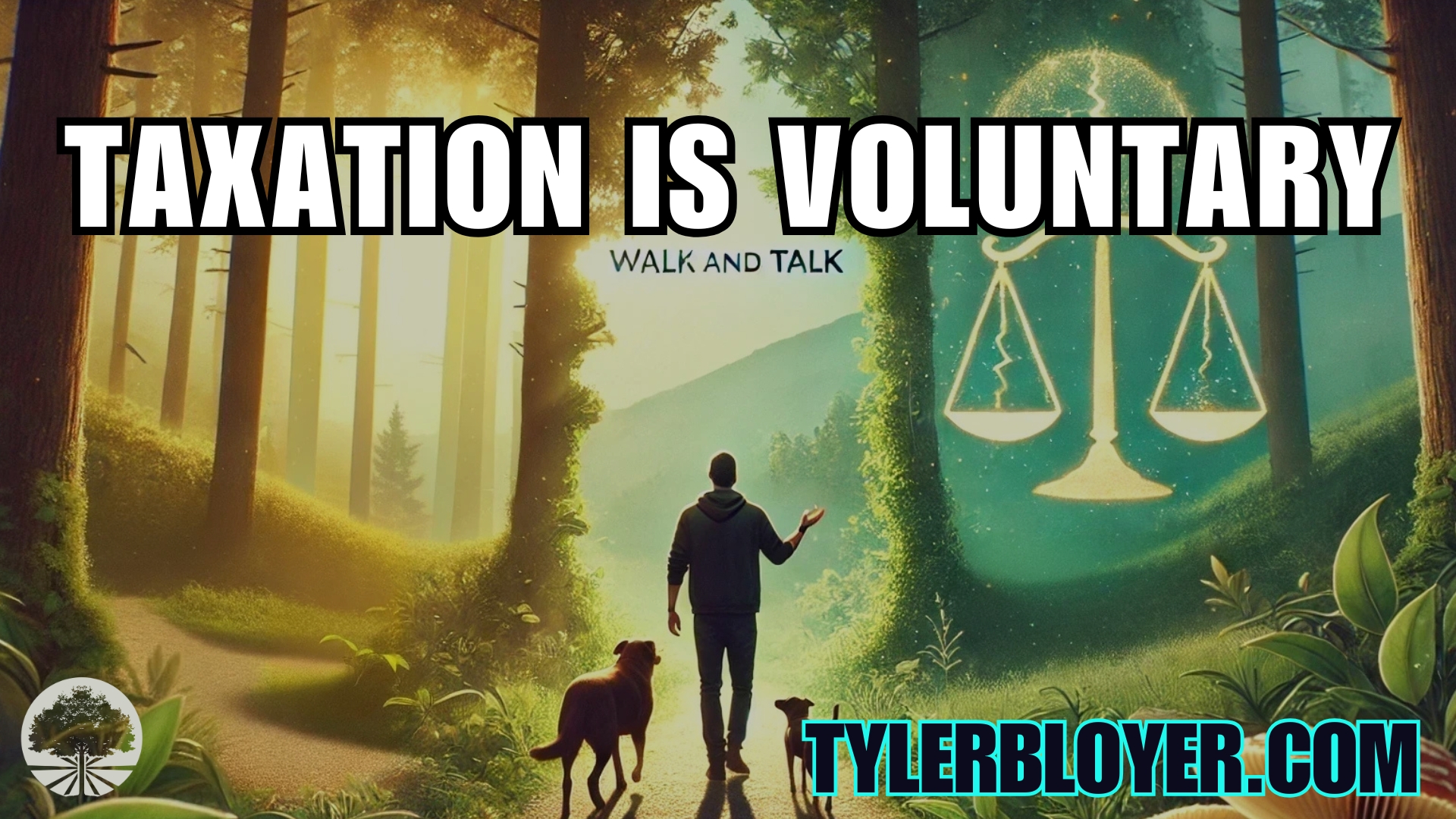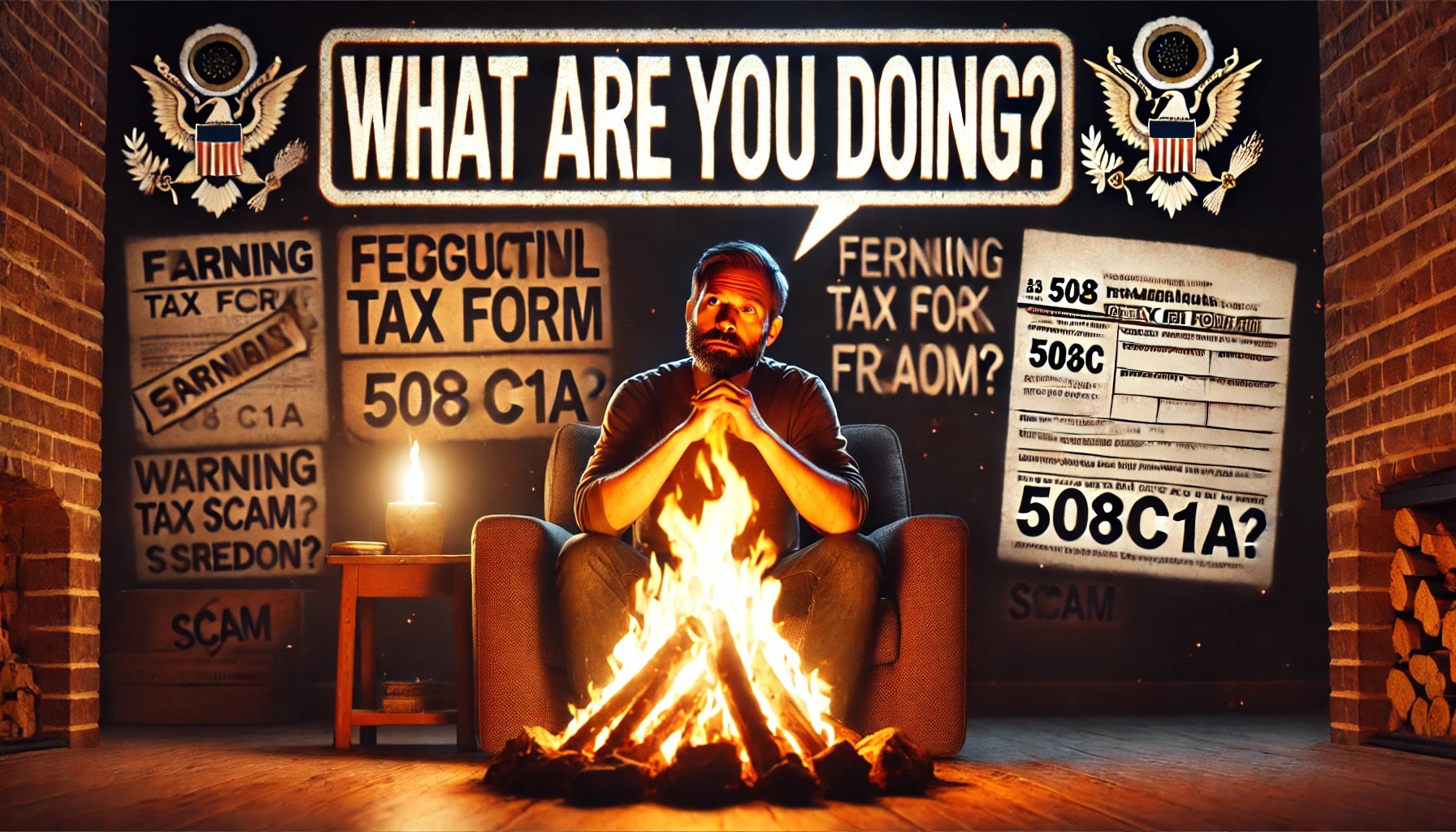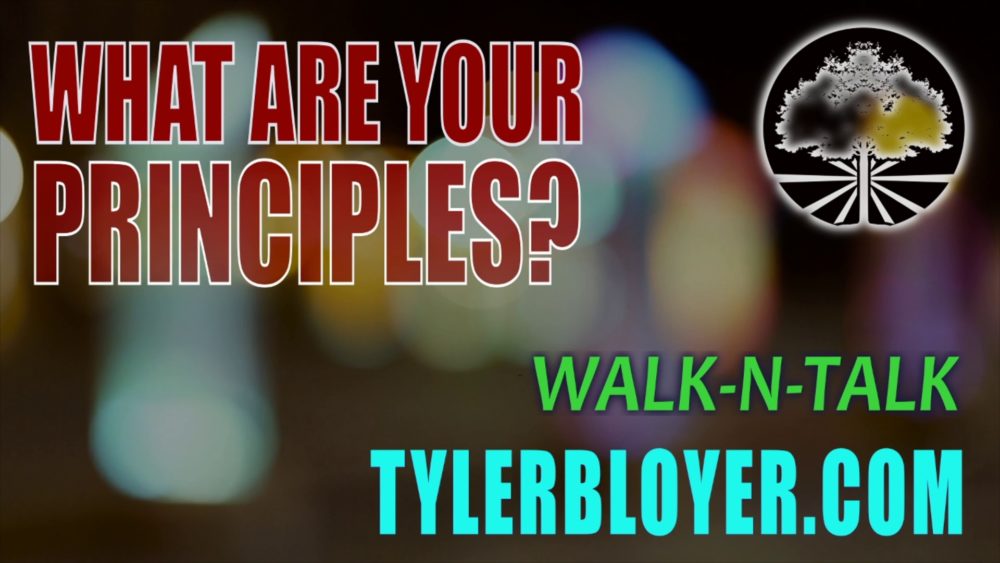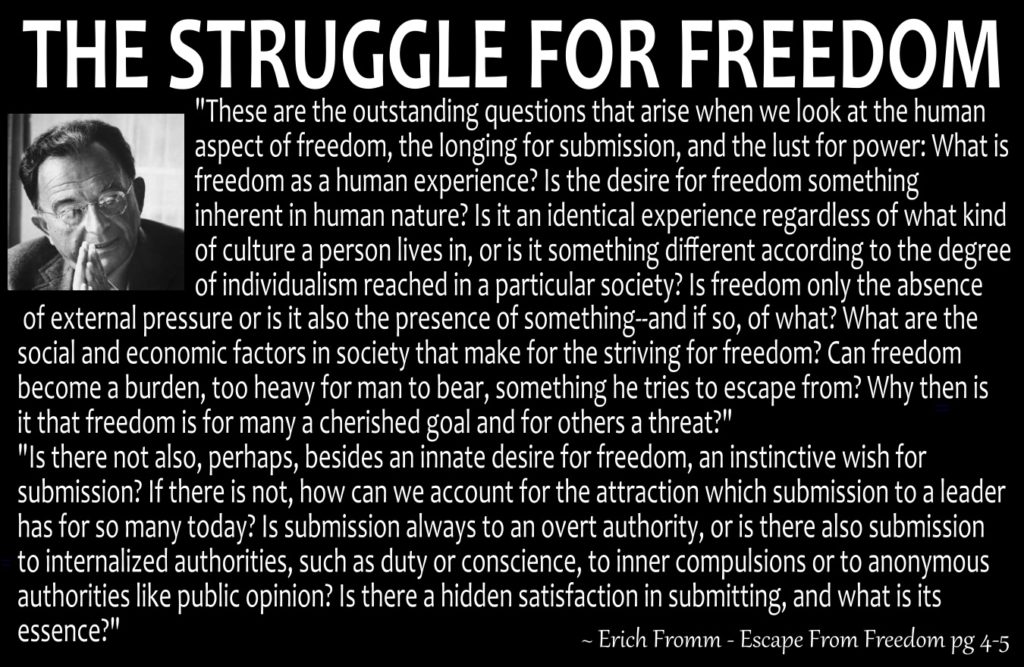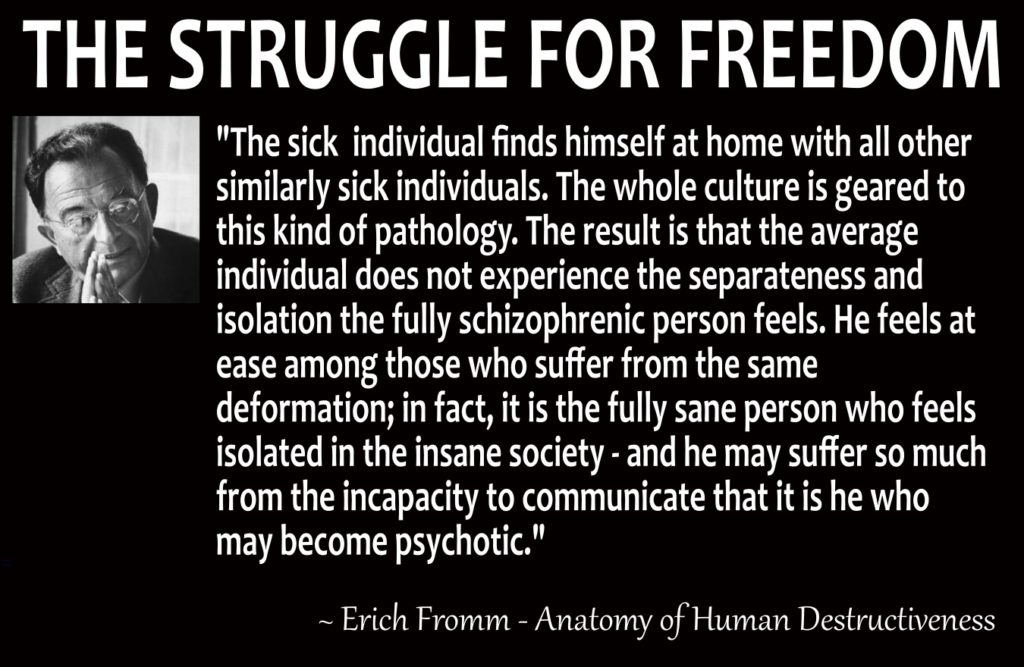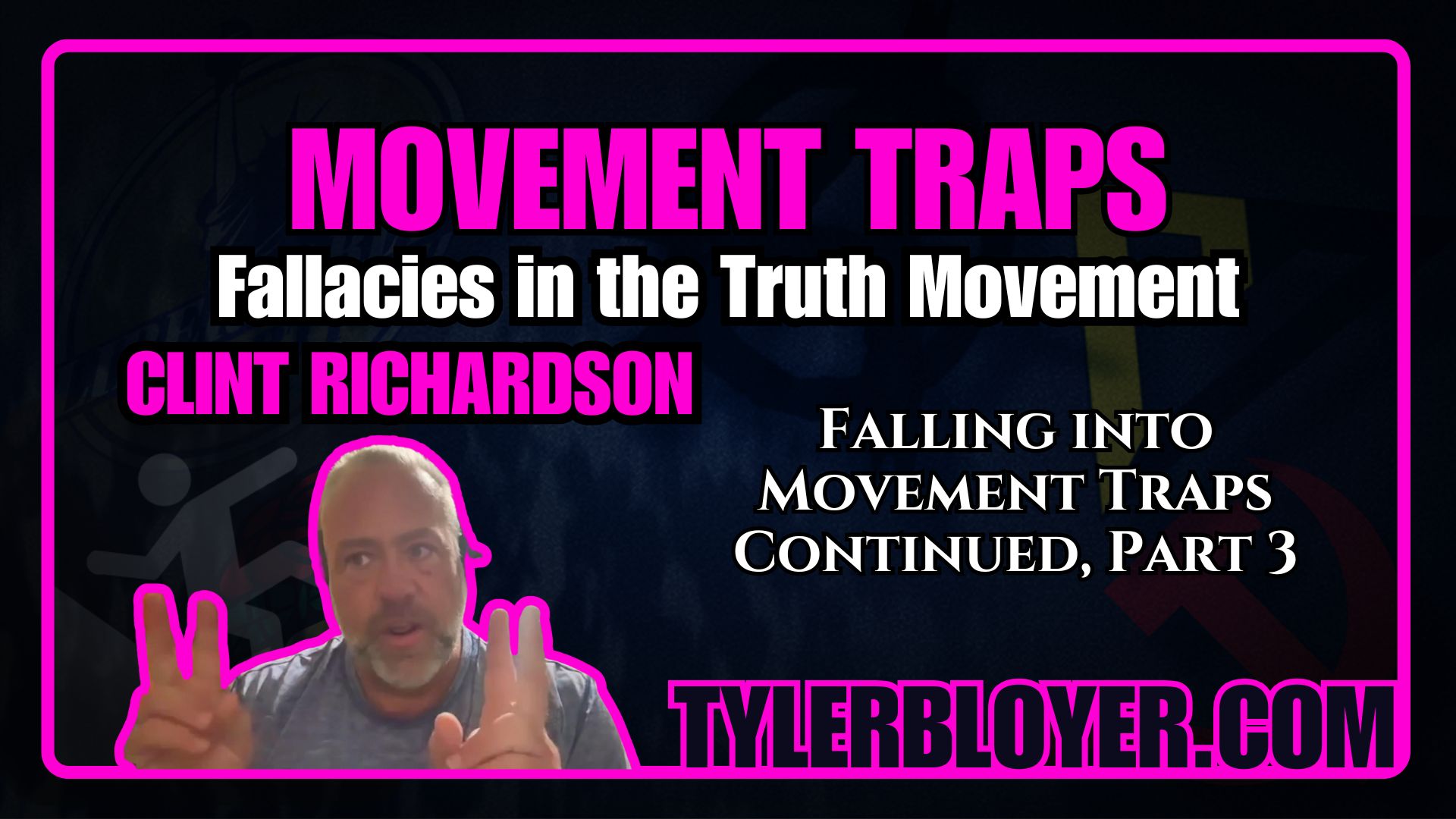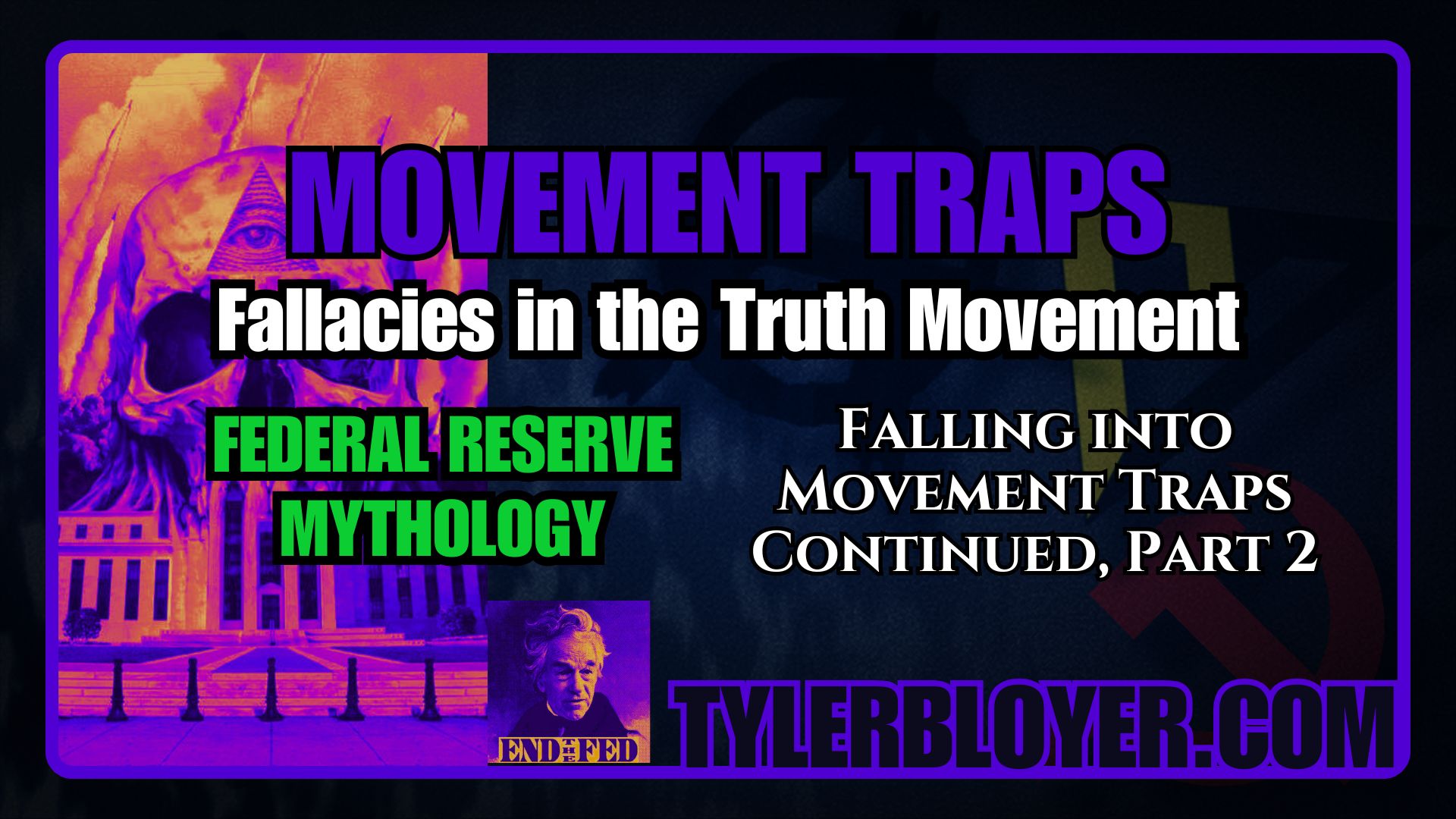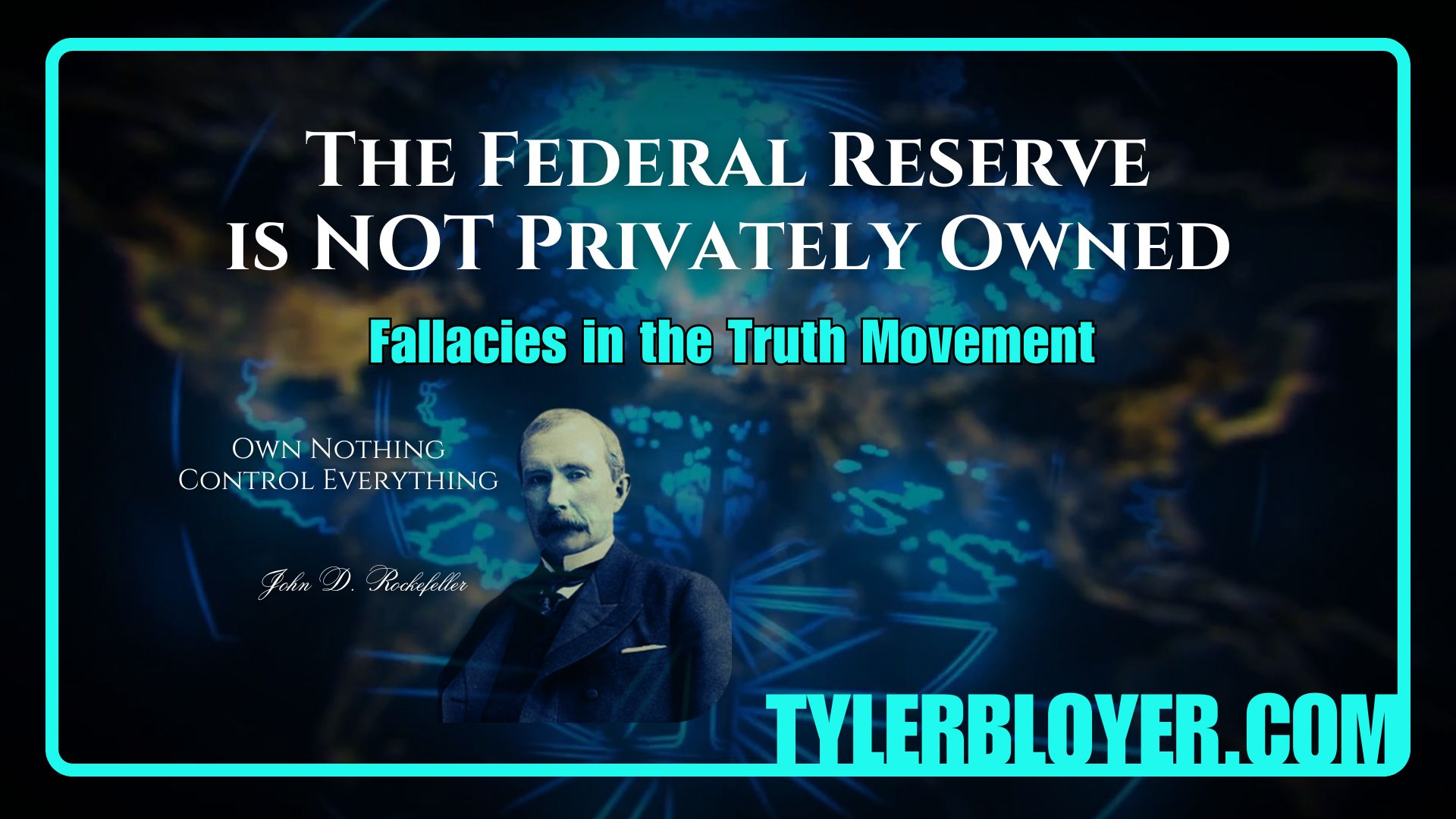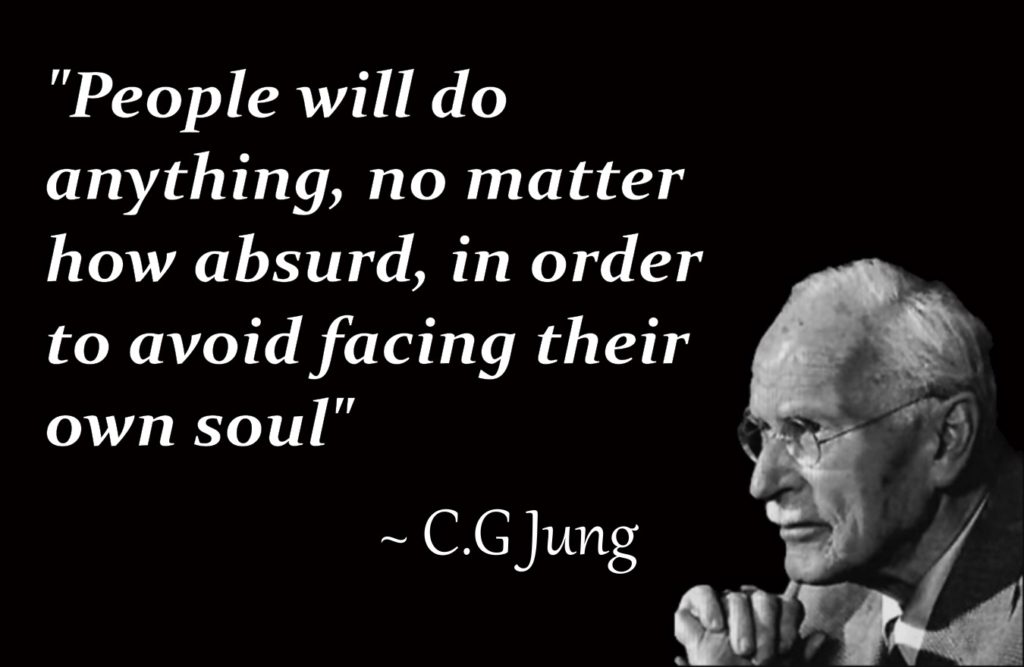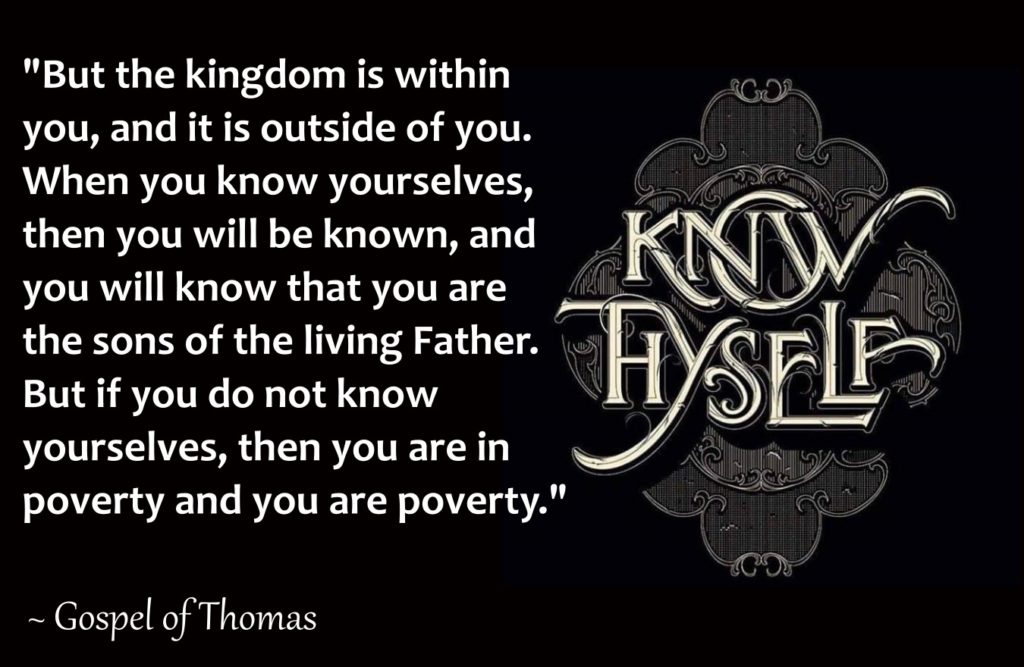Self-Censorship
Podcast: Play in new window | Download
Subscribe to Audio version: Apple Podcasts | Spotify | Amazon Music | Android | iHeartRadio | Podcast Index | TuneIn | Deezer | RSS | More
Watch Video on: | Bitchute | LBRY | YouTube |
If you’d like to check out the live stream from 08/30/202 that youtube took down twice, you can view it here: The Unmutual | TylerBloyer.com Live Stream.

Although, I agree that the tech giants such as Youtube or Facebook are anti-human, anti-free speech, pushing a new-world order, technocratic agenda… I also don’t agree with the sentiment that the big-tech censorship is the main issue with peoples voices not being heard.
What I address in the walk-n-talk is the issue of Self-Censorship. Yes, self-censorship could be a good thing in some cases. I personally strive to be my true and open self in most cases, but there are times that being fully open may not suit the situation.
There are also times when we must speak out. We are living one of those times now. We have all the tools necessary to let our voices be heard, regardless of all the censorship that does occur on these main-stream platforms. If there’s a will, there’s a way. In today’s world, this is ever more true.
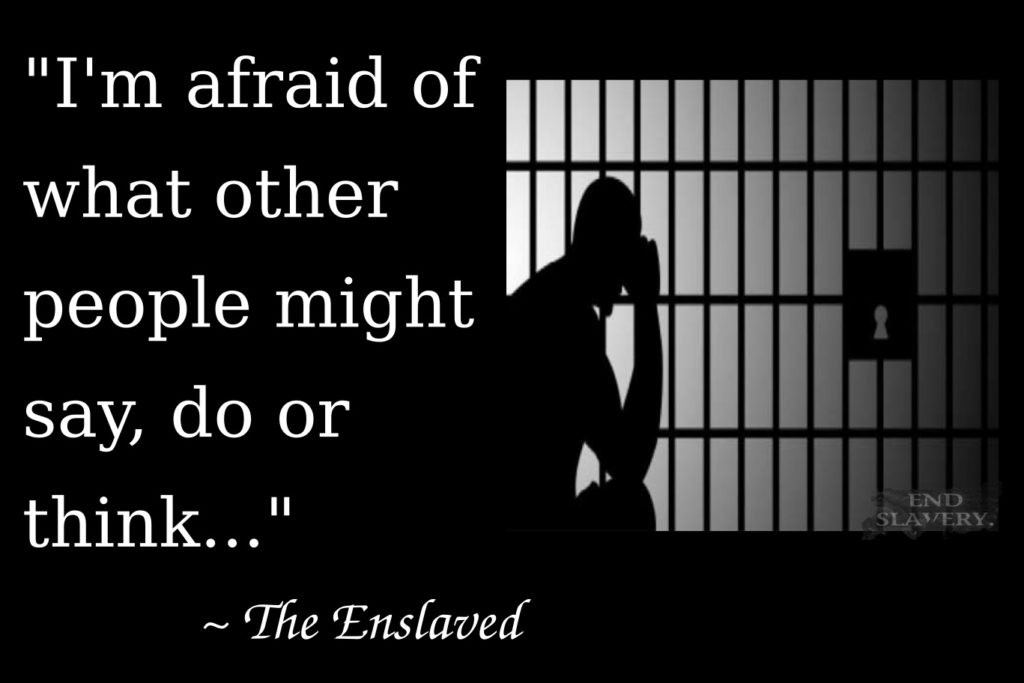
If we end up holding ourselves back from reaching our potential and are afraid to speak up, we are mentally enslaved to the fear of what society, our friends, and families may think of us. “What if I say something silly”, “what if I sound dumb, or am wrong about the facts”… or an endless amount of other negative self-talk that can go on.
One way to work through the issue of over-active Self-Censorship behavior is to practice speaking and working with others to practice their abilities to communicate. Currently, Benny Wills is building a course in the University of Reason called Parrhesia. The Parrhesia course helps people to free their speech, and “Be Undeniable”, as Benny would say.
If you’d like to get a preview of what the University of Reason has to offer, check out the Autonomy AppeTEASER Course. It’s a free, value-packed offer to help you learn your way to a more thriving and prosperous life, and Free Your Speech! Working with Benny has been amazing and the course he offers is just one of the many amazing features available when attending the University of Reason.
Resources:
- AUTONOMY AppeTEASER Course
- Tyler Bloyer DLive page
- The Unmutual | TylerBloyer.com Live Stream
- Self-censorship
- lead down the garden path

To subscribe to email updates please enter your email address in the form below:

